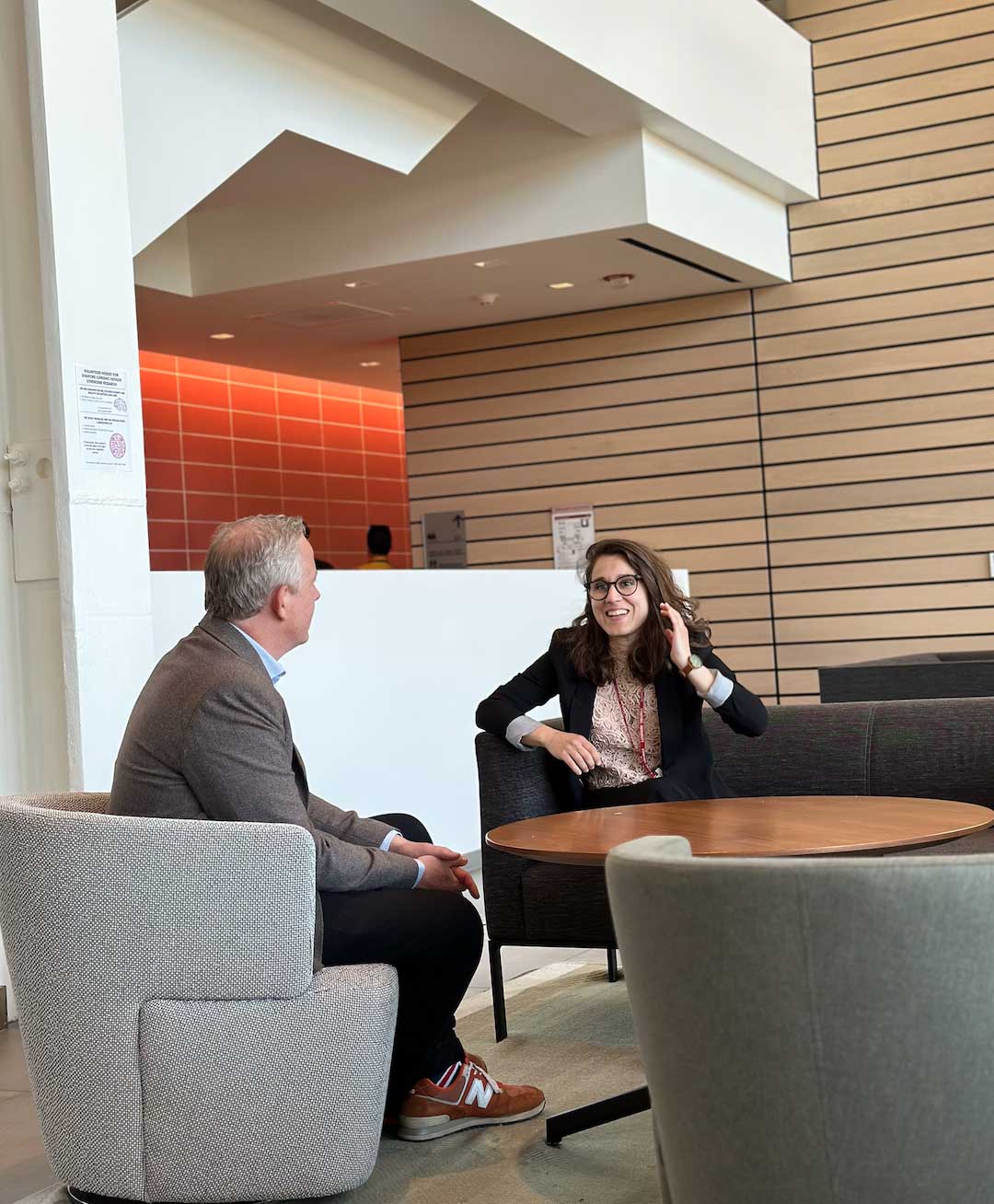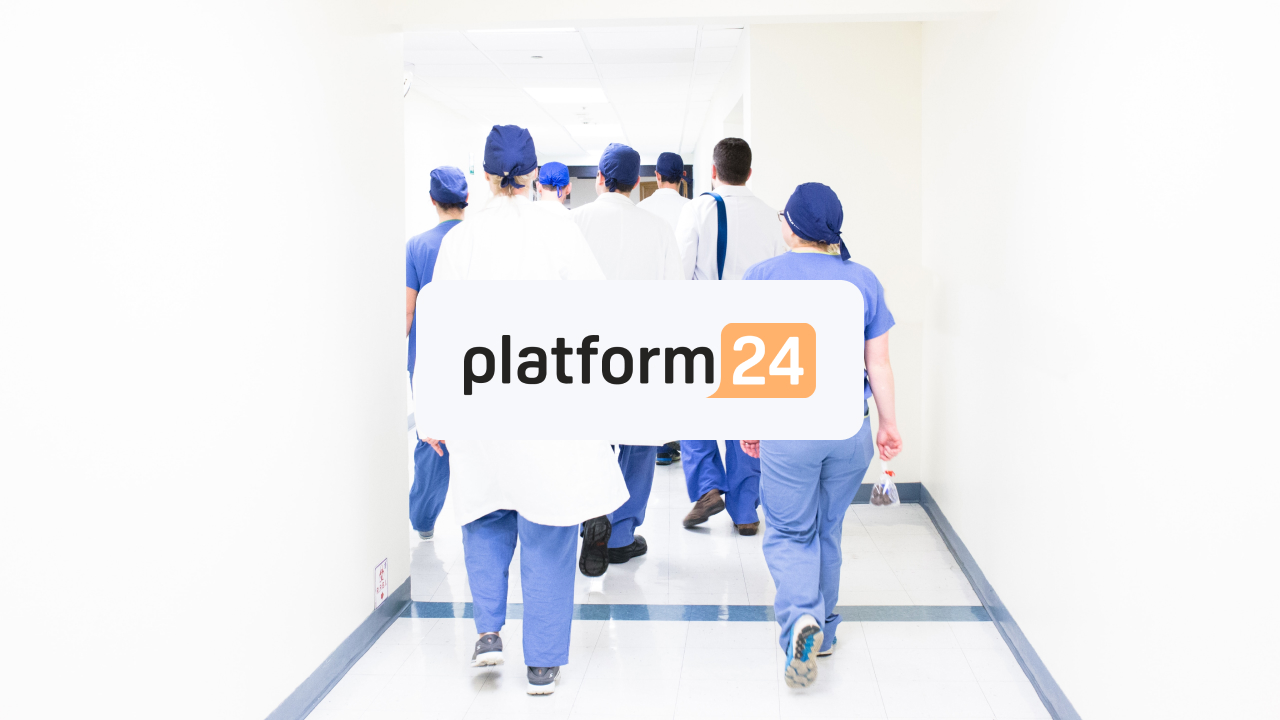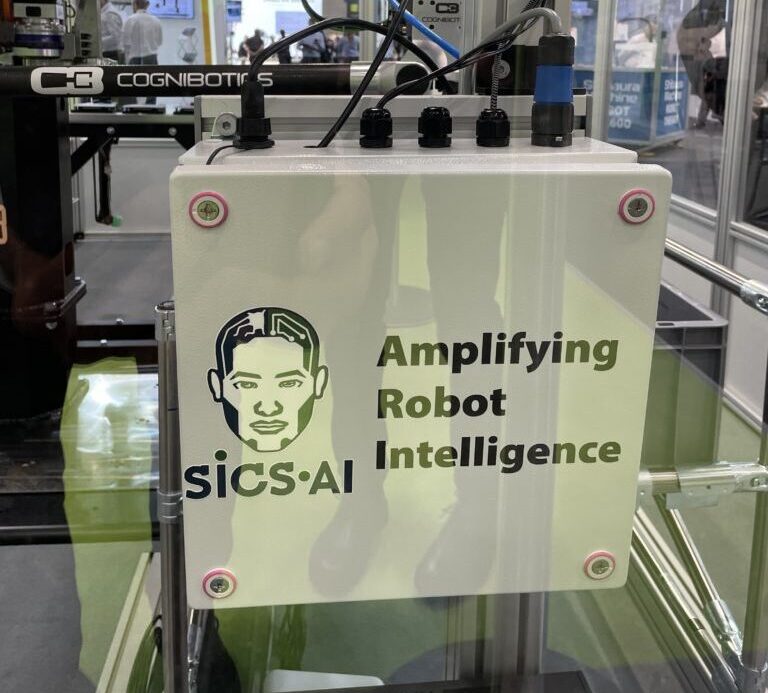Robert spends 12 months in a cutting-edge computational cancer genomics team at Harvard Medical School (HMS) and Boston Children’s Hospital.

Minnas' support has been immensely important in shaping my path into AI technology and beyond, and I eagerly anticipate the positive impact she can have on others' career development in this transformative field.
Dr Robert Khashan, Gothenburg University and Harvard Medical School (HMS) and Boston Children's Hospital
What are you working with?
I am currently a fourth-year medical student at University of Gothenburg. In parallel with my studies, I’ve had the privilege of being a part of Martin Dalin’s paediatric cancer research group at the institute of clinical sciences, University of Gothenburg, specializing in the field of liquid biopsies. I have always had a fascination for the field at the intersection of technology and medicine, particularly the application of AI to enhance the realms of medicine, both within clinical practice and healthcare systems.
What are you doing at Harvard?
To explore my passion for computational health and cancer genomics, I took a sabbatical from my MD program in Sweden to join Dr. Felix Dietlein’s group. Dr. Dietlein leads a cutting-edge computational cancer genomics team within CHIP (Computational Health Informatics Program), a collaborative initiative between Harvard Medical School (HMS) and Boston Children’s Hospital. This dynamic research environment is a hub of brilliant minds dedicated to advancing healthcare through computation and AI. Under Dr. Dietlein’s mentorship, my primary focus is to analyze genomic data from paediatric cancers, coupling it with annotated clinical data to apply AI techniques and unveil novel insights into the intricate relationship between genomic signatures and clinical outcomes. This internship serves as a golden opportunity for me to gain profound insights into the application of AI in cancer genomics while, hopefully, generating interesting data for the field. An additional aim with this exchange is also to gain insights into how data sharing is done between the clinics and the research groups compared to the process back home in Gothenburg.
How did this happen?
In July 2022, Martin Dalin gave me the opportunity to present some of the research I have conducted in his lab at the European Association of Cancer Research conference in Oxford, UK. It was during this event that I had the fortune of crossing paths with Dr. Felix Dietlein. Our initial interaction sparked my interest in diving deeper into the realm of computational health. Dr. Dietlein’s track record of mentoring MD students in computational biology further strengthened my decision to seize this unique opportunity. Additionally, I’d like to mention the pivotal role played by Peter Kelly in connecting me with Minna Srandberg, whose guidance and collaboration have been instrumental in navigating the intricate landscape of opportunities for exchange abroad, and guidance in different funding opportunities making this happen.
What is your advice to others thinking of doing research abroad?
Conducting research abroad can be an intimidating task filled with uncertainties. Only the fact of being physically distant from loved ones, including family, friends, and partners, can be daunting. Additionally, it is very common to be filled with self-doubt, questioning whether you possess the skills and competence required for taking on research in a foreign country. My advice is simple, DO IT! Embrace the challenges, uncertainties, and personal growth that come with conducting research abroad. It’s an invaluable opportunity to expand your horizons, both personally and professionally, and to contribute to the global scientific community.
What have Minna and Swenode AI helped you with?
Minna Sandberg at Swenode AI has been a pillar of support throughout my journey. Without her guidance and expertise, I would not have had the confidence to pursue funding opportunities from agencies as prestigious as Sweden’s innovation agency, VINNOVA. Minna’s profound knowledge of AI projects, innovation, and her experience at VINNOVA proved invaluable. She not only assisted me with the practical aspects of my application but also instilled in me the belief in the significance of my project and the remarkable possibilities it could unlock. Minna furthermore connected me with key individuals within my field, which not only accelerated my learning but is also pivotal to my professional growth. Her support has been immensely important in shaping my path into AI technology and beyond, and I eagerly anticipate the positive impact she can have on others’ career development in this transformative field.
Other Success Stories





